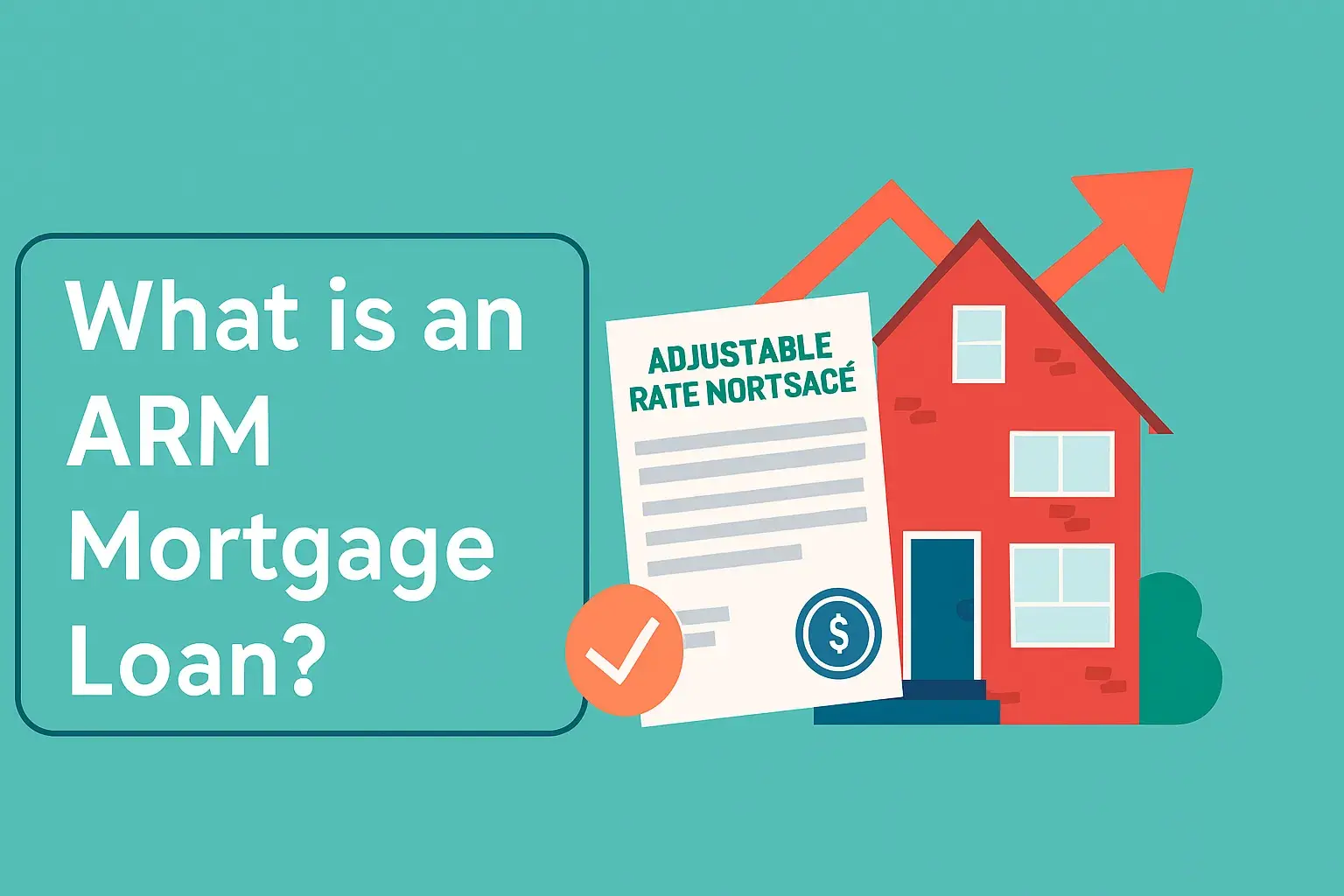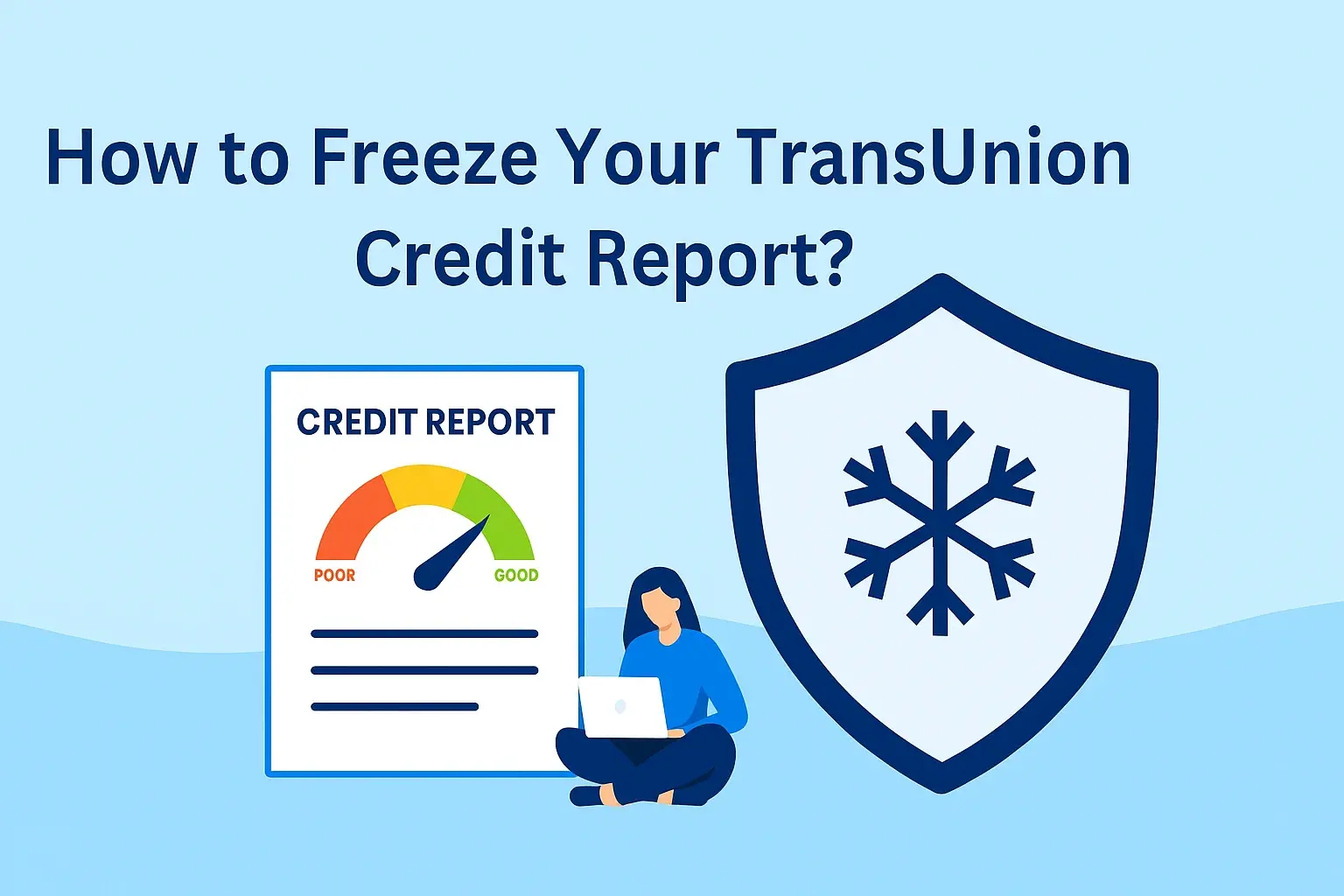-
Posted on: 06 Feb 2025

-
Understanding your credit score is crucial for navigating the world of finance. It's a three-digit number that lenders use to assess your creditworthiness – essentially, how likely you are to repay borrowed money. A good credit score can unlock better interest rates on loans, increase your chances of approval for credit cards, and even affect things like renting an apartment or getting a cell phone plan. But what exactly does a 773 credit score signify? Let's dive into an expert analysis to understand its implications.
Understanding Credit Score Ranges
To put a 773 credit score into perspective, it's important to understand the common credit score ranges used by FICO and VantageScore, the two most widely used credit scoring models:
- Poor: 300-579
- Fair: 580-669
- Good: 670-739
- Very Good: 740-799
- Excellent: 800-850
Based on these ranges, a 773 credit score falls into the "Very Good" category. This is a solid score that opens doors to many financial opportunities.
What a 773 Credit Score Means for You
Having a "Very Good" credit score of 773 has several significant advantages:
Improved Loan Approval Odds
Lenders view borrowers with "Very Good" credit scores as lower-risk individuals. This means you're more likely to be approved for various types of loans, including:
- Mortgages: Buying a home becomes significantly easier with a strong credit score.
- Auto Loans: You'll have a wider selection of vehicles and better financing options.
- Personal Loans: Accessing funds for personal needs, debt consolidation, or home improvements is more readily available.
- Student Loans: While federal student loans often don't rely heavily on credit scores, private student loans require a good credit history.
Better Interest Rates
One of the most significant benefits of a "Very Good" credit score is the ability to secure lower interest rates on loans and credit cards. Even a small difference in interest rate can save you thousands of dollars over the life of a loan.
For example, consider a $300,000 mortgage. The difference between a "Very Good" and a "Good" credit score could translate to a difference of 0.5% to 1% in the interest rate. Over a 30-year term, this can save you tens of thousands of dollars.
Higher Credit Limits
With a 773 credit score, you're more likely to be offered higher credit limits on credit cards. This can be beneficial for managing expenses and building credit responsibly. However, remember that a higher credit limit doesn't mean you should spend more. It's crucial to maintain a low credit utilization ratio (ideally below 30%) to avoid negatively impacting your score.
Negotiating Power
A strong credit score gives you more negotiating power when dealing with lenders, service providers, and even landlords. You may be able to negotiate better terms on loans, insurance rates, and rental agreements.
Easier Approvals for Credit Cards
A 773 credit score makes you eligible for a wider range of credit cards, including those with rewards programs, cashback bonuses, and travel perks. These cards often come with more favorable terms and benefits compared to those offered to individuals with lower credit scores.
Factors That Influence Your Credit Score
Understanding the factors that contribute to your credit score is essential for maintaining or improving it. The five major factors, according to FICO, are:
- Payment History (35%): This is the most important factor. Making timely payments on all your debts is crucial. Late payments, even by a few days, can negatively impact your score.
- Amounts Owed (30%): This refers to the amount of debt you owe relative to your available credit. Keeping your credit utilization ratio (the amount of credit you're using compared to your credit limit) low is essential. Aim for below 30%.
- Length of Credit History (15%): A longer credit history generally indicates a more stable financial track record. The age of your oldest credit account and the average age of all your accounts are considered.
- Credit Mix (10%): Having a mix of different types of credit, such as credit cards, installment loans (like auto loans or mortgages), and revolving credit, can positively influence your score.
- New Credit (10%): Opening too many new credit accounts in a short period can lower your score. Each application triggers a hard inquiry on your credit report, which can have a small negative impact.
Maintaining and Improving Your Credit Score
Even with a "Very Good" credit score of 773, there's always room for improvement. Here are some tips to help you maintain or boost your score:
Make Payments on Time, Every Time
This is the most important factor. Set up automatic payments or reminders to ensure you never miss a due date. Even one late payment can negatively affect your score.
Keep Credit Utilization Low
Aim to use no more than 30% of your available credit on each credit card. For example, if you have a credit card with a $10,000 limit, try to keep your balance below $3,000.
Monitor Your Credit Report Regularly
Check your credit report from all three major credit bureaus (Equifax, Experian, and TransUnion) at least once a year. You can obtain a free copy of your credit report from each bureau annually at AnnualCreditReport.com. Look for any errors or inaccuracies and dispute them immediately.
Avoid Opening Too Many New Credit Accounts
Opening multiple new credit accounts in a short period can lower your score. Only apply for credit when you truly need it.
Consider Becoming an Authorized User
If you're new to credit or have a limited credit history, becoming an authorized user on a responsible credit cardholder's account can help you build credit. However, make sure the primary cardholder has a good payment history and low credit utilization.
Pay Down Existing Debt
Reducing your overall debt can improve your credit utilization ratio and boost your score. Focus on paying down high-interest debt first, such as credit card balances.
Consider a Credit-Builder Loan
A credit-builder loan is a small loan specifically designed to help people with limited or poor credit history build credit. The lender holds the loan proceeds in an account while you make regular payments. Once you've repaid the loan, the funds are released to you, and your credit score should improve.
Addressing Negative Items on Your Credit Report
If you find negative items on your credit report, such as late payments, collections accounts, or bankruptcies, it's essential to address them. Here's how:
Dispute Errors
If you find any errors or inaccuracies on your credit report, dispute them with the credit bureau. Provide documentation to support your claim. The credit bureau has 30 days to investigate the dispute.
Negotiate a "Pay for Delete" Agreement
If you have a collections account, you may be able to negotiate a "pay for delete" agreement with the collection agency. This means that they will remove the collection account from your credit report in exchange for payment. However, be aware that not all collection agencies are willing to agree to this.
Consider a Debt Settlement
If you're struggling to repay your debts, you may consider debt settlement. This involves negotiating with your creditors to reduce the amount you owe. However, debt settlement can negatively impact your credit score, so it should be considered a last resort.
Time is Your Ally
Negative items on your credit report eventually become less impactful over time. Most negative items will fall off your credit report after seven years, while bankruptcies can stay on for up to 10 years. Focus on building positive credit habits to offset the impact of past mistakes.
Beyond the Numbers: Credit Health and Financial Well-being
While a 773 credit score is undoubtedly a positive indicator, it's important to remember that it's just one piece of the puzzle when it comes to financial well-being. Maintaining good credit habits, managing your debt responsibly, and planning for the future are all essential for long-term financial success.
Consider working with a financial advisor to develop a comprehensive financial plan that addresses your specific needs and goals. They can help you create a budget, manage your debt, save for retirement, and invest wisely.










